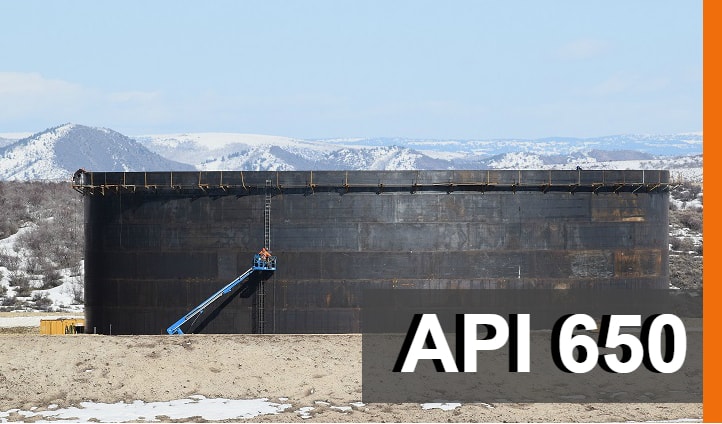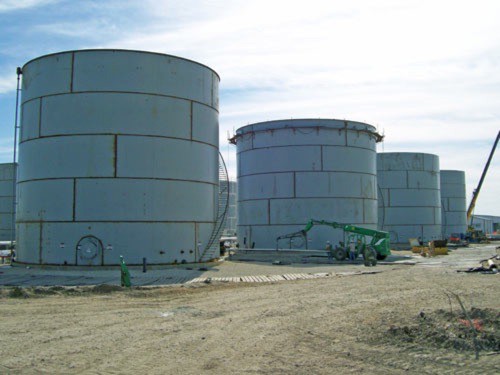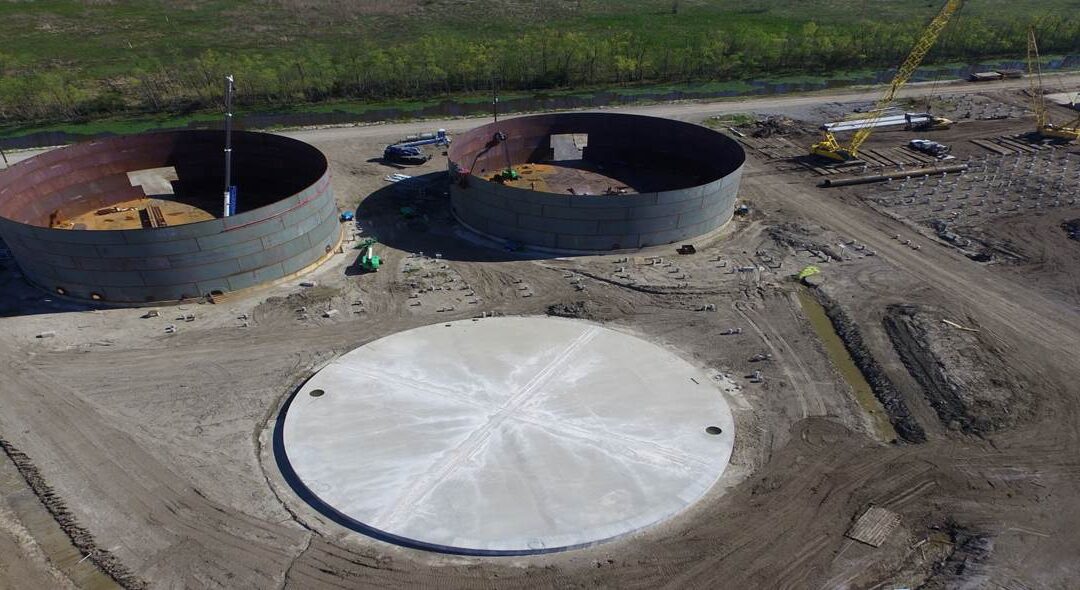The Advantages of Welding Assessment for Improved Safety and Performance
Welding evaluations are necessary for making sure that frameworks satisfy rigid market criteria. They play an important role in determining defects early, therefore improving security and lowering the threat of tragic failings. In addition, these inspections can result in substantial cost financial savings by protecting against expensive repair work and downtime. As organizations aim for enhanced efficiency and reliability, the value of a robust assessment procedure can not be overstated. What other benefits might emerge from a dedication to extensive welding inspections?
Ensuring Conformity With Sector Standards
Assuring compliance with industry criteria is vital for keeping high quality and security in welding projects. Following well-known protocols not only protects workers however also improves the sturdiness and performance of the last product. Welding evaluations conducted at various phases of the procedure aid recognize any kind of discrepancies from these requirements, making it possible for prompt rehabilitative actions. This positive technique alleviates the threat of failures that can result from ineffective handiwork.
In addition, compliance with market standards promotes trust amongst stakeholders, including customers, governing bodies, and the workforce. It represents a dedication to excellence and liable techniques, which can result in boosted company chances and an affordable side on the market - API 650 Welding Inspection. Routine evaluations likewise ensure that materials and techniques utilized line up with the most recent technical advancements and security policies. Inevitably, adherence to market standards is not just a regulatory need but a keystone of high quality assurance in welding projects
Enhancing Safety And Security Via Very Early Discovery of Defects
While the key goal of welding assessments commonly focuses on compliance, they play a necessary function in enhancing safety by making it possible for the very early detection of defects. Identifying issues such as incomplete combination, cracks, or porosity during evaluations can substantially mitigate the threat of tragic failures. Early discovery permits for prompt treatments, guaranteeing that defective welds do not compromise structural honesty.
In addition, methodical assessments cultivate a society of security within organizations by highlighting the importance of high quality control. This aggressive technique not just safeguards workers yet additionally safeguards the surrounding environment. Regular evaluations can reveal trends in defect occurrence, permitting changes in welding methods and training programs to deal with underlying concerns.
Subsequently, welding examinations function as an important guard, reinforcing general safety and security and efficiency by recognizing flaws before they intensify right into major threats. This commitment to quality directly adds to the durability and dependability of bonded frameworks.
Lowering Prices by Avoiding Failures
By implementing thorough welding inspections, organizations can properly reduce prices connected with failings and revamp. The aggressive recognition of issues during the welding process minimizes the risk of disastrous failures that can lead to pricey repair services or substitutes. Early detection permits timely treatments, which stops the acceleration of small problems right into significant issues that stress budget plans and sources. Additionally, by guaranteeing that welds meet defined requirements, organizations can stay clear of hold-ups in project timelines brought on by the requirement for extensive rework or extra inspections later on while doing so. This not just saves cash however also enhances functional performance. A track record for high quality handiwork can lead to increased customer complete satisfaction and repeat service, more contributing to financial security. On the whole, buying welding inspections is a calculated strategy that cultivates price financial savings while safeguarding the integrity of welded frameworks.
Improving Performance and Longevity of Frameworks


Welding inspections play an essential role in enhancing the efficiency and longevity of frameworks, as they confirm that welds are executed to the greatest standards. By determining issues early in the welding process, assessments avoid weak points that might endanger structural integrity. This positive strategy assurances that the products made use of meet needed specs, thus enhancing their load-bearing capability and resilience.
Constant surveillance of welding techniques adds to the overall quality of building projects. The possibility for tiredness and failure over time is substantially decreased when welds are verified for conformity with industry requirements. Structures that are developed with properly evaluated welds are likely to experience less maintenance issues and boosted durability.
Ultimately, extensive welding inspections not just bolster the instant efficiency of a structure however likewise expand its operational life expectancy, giving long-term value to both builders and end-users alike.
Promoting a Culture of Top Quality and Reliability
A commitment to high quality and integrity in welding practices greatly adds to the overall success of construction projects. When organizations focus on these values, they promote a culture that encourages precise attention to information and adherence to sector requirements. This society not just enhances the skill level of welders but also advertises responsibility and teamwork amongst all stakeholders associated with the project.

Normal welding evaluations work as a cornerstone in this cultural shift, enhancing the significance of constant efficiency and safety procedures (API 650 Welding Inspection). By applying extensive examination protocols, companies can determine prospective defects early, mitigating dangers and staying clear of expensive rework. In addition, a focus on quality and dependability imparts confidence among partners and clients, resulting in more powerful connections and enhanced credibilities
Ultimately, cultivating a society of high quality and integrity in welding techniques not only boosts job outcomes however additionally ensures long-term sustainability and success in the construction market.
Regularly Asked Inquiries
What Certifications Should a Welding Assessor Have?
A welding assessor should possess pertinent certifications, such as AWS CWI or CSWIP. Furthermore, they need to have experience in metallurgy, welding processes, and examination strategies, along with strong analytical skills and focus to information for reliable analyses.

Exactly How Typically Should Welding Inspections Be Conducted?
Welding inspections need to be carried out frequently, preferably after each significant stage of the welding procedure. In addition, regular inspections ought to happen based upon job needs, service conditions, and governing criteria to useful link ensure recurring quality and security.
What Tools Are Used Throughout Welding Inspections?
Welding assessments make use of various tools, including ultrasonic testers, magnetic bit testers, aesthetic assessment devices, and radiographic equipment. Each tool serves a certain objective, making sure weld top quality and architectural integrity through complete exam and evaluation.
Can Welding Inspections Be Executed From Another Location?
Welding inspections can indeed be carried out remotely making use of innovative modern technologies such as drones and specialized electronic cameras. These devices allow assessors to analyze welding top quality and honesty from a range, improving efficiency and description safety and security in numerous environments.
What Are the Usual Kinds Of Welding Problems?
Common sorts of welding problems include porosity, fractures, incomplete blend, undercutting, and slag inclusion. These issues can jeopardize the stability and strength of welds, leading to possible failures in architectural applications otherwise dealt with properly.
Welding examinations are necessary for making sure that frameworks meet rigorous market standards. Welding examinations conducted at different phases of the procedure help determine any discrepancies from these standards, making it possible for prompt corrective actions. Welding examinations play a crucial duty in enhancing the performance and durability of frameworks, as they validate that welds are carried out to the greatest criteria. Welding examinations should be conducted routinely, preferably after each substantial stage of the welding process. API 650 Welding Inspection. Welding evaluations utilize various tools, including ultrasonic testers, magnetic fragment important site testers, aesthetic examination devices, and radiographic devices